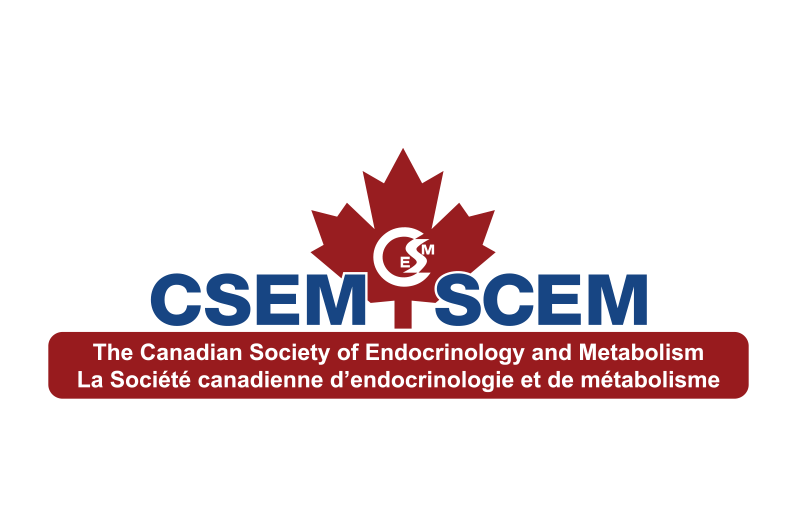Response from the Canadian Society of Endocrinology and Metabolism (CSEM)
Apr 9, 2019 - News
Response from the Canadian Society of Endocrinology and Metabolism (CSEM)
Response from the Canadian Society of Endocrinology and Metabolism (CSEM)
Apr 9, 2019 - News
Response from the Canadian Society of Endocrinology and Metabolism (CSEM)

Choosing Wisely Canada recommendations are developed by clinician societies to identify unnecessary tests and treatments commonly used in each specialty that could expose patients to harm. These recommendations are intended to raise awareness about unnecessary tests and treatments, and encourage conversations between clinicians and patients to determine the most appropriate treatment plan together.
Choosing Wisely Canada has partnered with the Canadian Society of Endocrinology and Metabolism (CSEM) to develop a list of recommendations in Endocrinology and Metabolism. Following the release of the list of recommendations, patients raised concerns about the importance of access to T3/T4 testing for specific conditions.
In response to this feedback, Choosing Wisely Canada asked CSEM to undertake a review of this particular recommendation. Part of this review included a request to the Canadian Agency for Drugs and Technologies in Health (CADTH) to conduct an independent review of the medical literature. It also included consulting with the Thyroid Foundation of Canada to better understand patient perspectives on the issue.
Based on this review, CSEM, the Thyroid Foundation of Canada and Choosing Wisely Canada agreed to further clarify the recommendation regarding T4 and T3 testing, which might be appropriate for certain patients for whom TSH testing may not be reliable.
CSEM has updated the recommendation and rationale to clarify that additional testing may be required:
- Original: Don’t use Free T4 or T3 to screen for hypothyroidism or to monitor and adjust levothyroxine (T4) dose in patients with known primary hypothyroidism.
- Updated: Don’t use Free T4 or T3 to screen for hypothyroidism or to monitor and adjust levothyroxine (T4) dose in patients with known primary hypothyroidism, unless the patient has suspected or known pituitary or hypothalamic disease.
Read the full response from the Canadian Society of Endocrinology and Metabolism.
